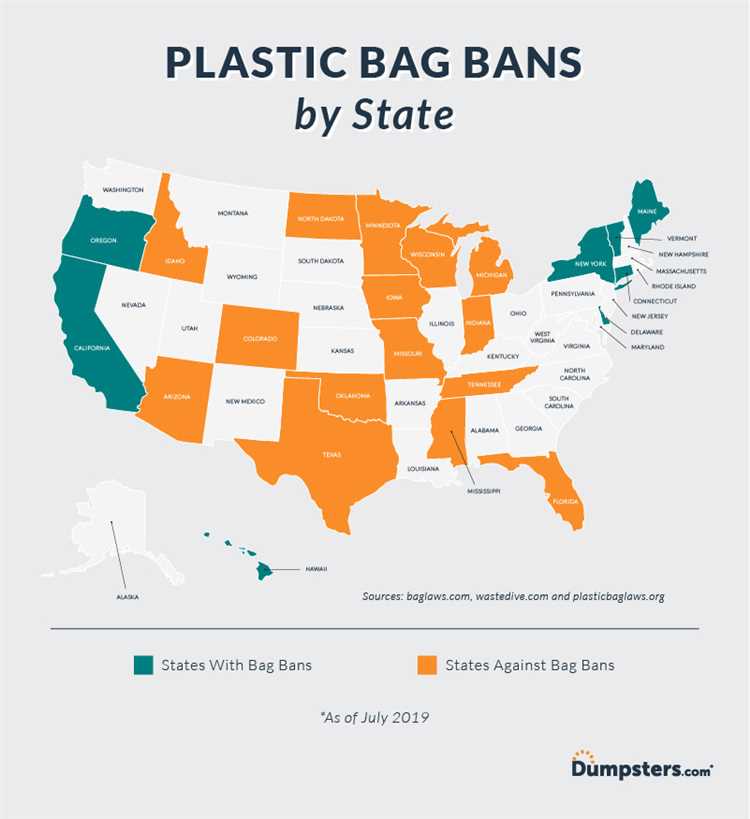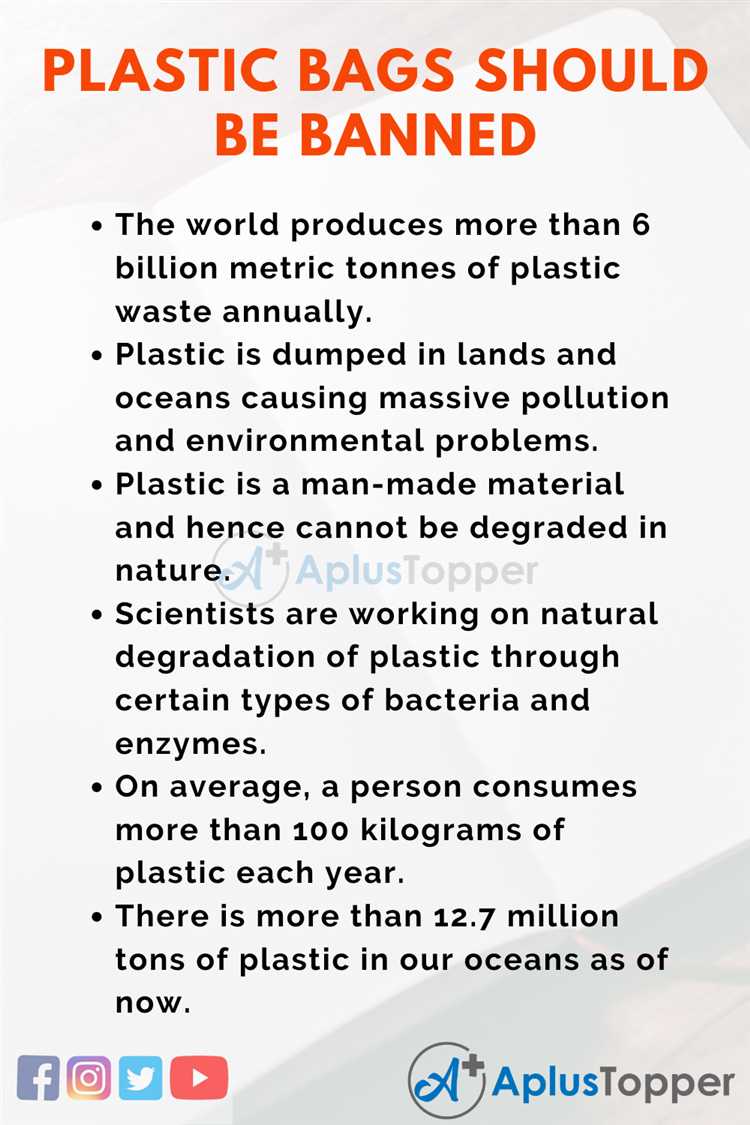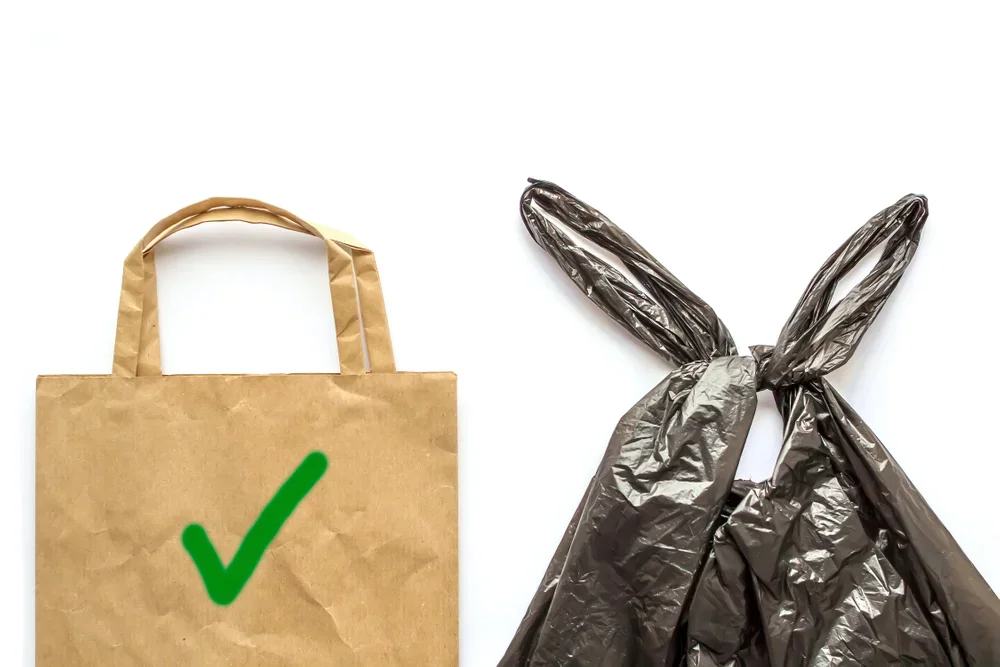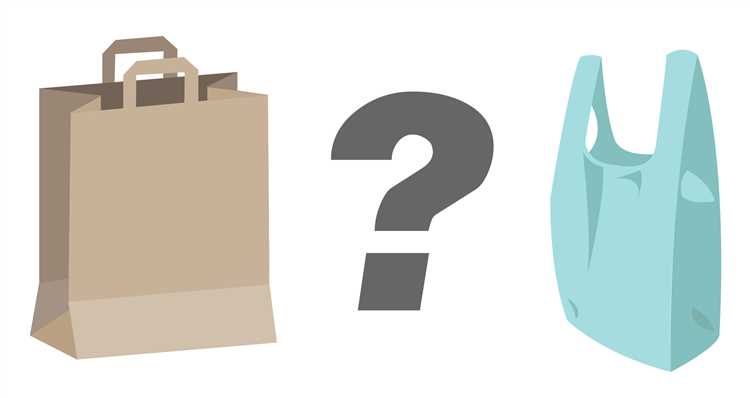
Plastic bags have become an integral part of our daily lives, used by millions of people around the world for carrying groceries, clothes, and other items. However, the environmental impact of plastic bags has become a hot topic of debate. Critics argue that the production, use, and disposal of plastic bags contribute to pollution, harm wildlife, and exacerbate climate change. On the other hand, proponents of plastic bags argue that they are convenient and cost-effective. This article will explore the environmental impact of plastic bags and propose potential solutions to reduce their use and mitigate their negative effects.
The production of plastic bags involves extracting and refining fossil fuels, mainly crude oil and natural gas. This process not only depletes finite resources but also releases greenhouse gases, contributing to global warming. Additionally, the manufacturing process releases toxic chemicals that can contaminate air and water sources. Once produced, plastic bags have a short lifespan, often ending up in landfills, where they can take hundreds of years to decompose. In the meantime, they can cause litter and entangle or be ingested by marine animals and birds, leading to their injury or death.
There are several potential solutions to the plastic bag problem. One option is to reduce the use of plastic bags by promoting reusable alternatives such as cloth or canvas bags. These bags are more durable and can be used multiple times, reducing waste. Another approach is to encourage consumers to bring their own bags or containers when shopping, minimizing the need for single-use plastic bags. Some countries and cities have implemented regulations such as plastic bag taxes or bans to discourage their use. These measures have shown promising results in reducing plastic bag consumption and promoting the adoption of more sustainable alternatives.
In conclusion, the plastic bag debate revolves around the environmental impact of their production, use, and disposal. While plastic bags offer convenience, their negative effects on the environment cannot be ignored. By implementing solutions such as promoting reusable bags and enacting regulations to reduce their use, we can take significant steps towards a more sustainable future. It is crucial for individuals, governments, and businesses to come together to address the issue and find innovative solutions that balance convenience with environmental responsibility.
- The Plastic Bag Problem
- Environmental Impact
- Solutions to the Plastic Bag Problem
- Environmental Impact of Plastic Bags
- Pollution
- Ecosystem Disruption
- Plastic Bag Bans and Regulations
- Types of Bans and Regulations
- Impact of Bans and Regulations
- Alternatives to Plastic Bags
- 1. Reusable Bags
- 2. Paper Bags
- Recycling and Proper Disposal
- Individual Responsibility and Education
- Changing Consumer Habits
- Advocating for Policy Changes
- Q&A:
- What is the environmental impact of plastic bags?
- What are some alternatives to plastic bags?
- Why are plastic bags still widely used despite their negative environmental impact?
- How can consumers reduce their use of plastic bags?
- What are some government policies that can help reduce the use of plastic bags?
- What is the impact of plastic bags on the environment?
The Plastic Bag Problem
Plastic bags have become a major environmental concern, as their widespread use and improper disposal have led to significant pollution and harm to ecosystems.
Environmental Impact
The production and disposal of plastic bags have numerous negative effects on the environment. Firstly, plastic bags are predominantly made from non-renewable fossil fuels, contributing to the depletion of these resources. Additionally, the manufacturing process releases greenhouse gases, which contribute to climate change.
Furthermore, plastic bags are not biodegradable and can persist in the environment for hundreds of years. When they end up in landfills, they take up valuable space and can release toxic chemicals into the soil and groundwater. If they are littered, plastic bags can be carried by wind and water, clogging drainage systems and polluting rivers, lakes, and oceans.
Solutions to the Plastic Bag Problem
To address the issues caused by plastic bags, various solutions have been proposed and implemented:
- Reusable Bags: Encouraging the use of reusable bags, such as cloth or canvas tote bags, reduces the demand for plastic bags and decreases the amount of waste generated.
- Plastic Bag Bans: Many cities and countries have implemented bans or restrictions on single-use plastic bags, encouraging the use of alternatives like paper bags or biodegradable options.
- Recycling Programs: Establishing proper recycling programs for plastic bags can help divert them from landfills and reduce their environmental impact.
- Public Awareness and Education: Raising awareness about the environmental consequences of plastic bags and educating the public about sustainable alternatives can encourage behavior change.
While progress has been made in reducing the use of plastic bags, it remains an ongoing challenge. Continued efforts and collaboration between governments, businesses, and individuals are crucial to address the plastic bag problem and create a more sustainable future.
Environmental Impact of Plastic Bags
Plastic bags have become a controversial item due to their significant environmental impact. They are made from non-renewable fossil fuels and take centuries to decompose, contributing to environmental pollution and climate change.
The production of plastic bags also results in the release of greenhouse gases, such as carbon dioxide, which contribute to global warming. This contributes to the overall carbon footprint of the plastic bag industry, further exacerbating environmental issues. Additionally, the production of plastic bags consumes a significant amount of energy and water resources.
Pollution

Plastic bags are infamous for their role in littering the environment. Due to their lightweight nature, they can easily be carried by the wind and end up in rivers, oceans, and other natural habitats. This leads to a variety of negative consequences for wildlife, as they can mistake plastic bags for food or become entangled in them. Plastic bag pollution also degrades the aesthetic beauty of natural landscapes and poses a hazard to human health.
Ecosystem Disruption
The use of plastic bags disrupts natural ecosystems. They can clog drains and sewers, leading to flooding in urban areas during heavy rainfall. Furthermore, plastic bags can accumulate in bodies of water, affecting the health of aquatic ecosystems and the organisms that rely on them.
It is clear that the environmental impact of plastic bags is significant. As awareness of these issues grows, efforts are being made to reduce the use of plastic bags and find more sustainable alternatives.
Plastic Bag Bans and Regulations
Plastic bag bans and regulations have become a significant part of the effort to reduce the environmental impact of plastic bags. Many countries and cities around the world have implemented or are considering implementing strict regulations on the use of plastic bags. These bans and regulations aim to encourage the use of more sustainable alternatives and reduce the amount of plastic waste that ends up in landfills and oceans.
Types of Bans and Regulations
There are several types of bans and regulations that have been implemented or proposed:
- Complete bans: Some countries and cities have completely banned the use of plastic bags in retail stores. Customers are required to bring their own bags or opt for paper bags or reusable alternatives.
- Partial bans: In some places, the ban on plastic bags is limited to certain types of stores or certain areas. For example, the ban may only apply to supermarkets or specific neighborhoods.
- Usage fees: Another approach is to impose fees or taxes on the use of plastic bags. This acts as a disincentive for customers to choose plastic bags and encourages the use of reusable options.
- Minimum thickness requirements: Some regulations focus on the thickness of plastic bags. By setting a minimum thickness, the bags become more durable and can be reused multiple times before being discarded.
Impact of Bans and Regulations

Plastic bag bans and regulations have proven to be effective in reducing plastic bag usage and the associated environmental impact. Studies have shown that countries and cities that have implemented bans or regulations have experienced a significant decrease in plastic bag consumption and litter.
| Country/City | Year Implemented | Plastic Bag Reduction |
|---|---|---|
| Ireland | 2002 | 90% |
| Rwanda | 2008 | 80% |
| California, USA | 2016 | 72% |
These bans and regulations have also led to an increase in the use of reusable bags and alternative packaging materials, such as paper bags and compostable plastics. By shifting consumer behavior towards more sustainable options, plastic bag bans and regulations contribute to a greener and cleaner environment.
Alternatives to Plastic Bags
As the negative environmental impact of plastic bags becomes increasingly apparent, it is crucial to explore alternative options that are more sustainable and eco-friendly. Fortunately, there are several alternatives to plastic bags that are readily available:
1. Reusable Bags
One popular alternative to plastic bags is the use of reusable bags. Made from durable materials such as canvas or recycled plastic bottles, these bags can be used over and over again, reducing the need for single-use plastic bags. Many retailers now offer reusable bags for purchase, and some even incentivize their use by offering discounts or rewards.
2. Paper Bags
Paper bags are another alternative to plastic bags. Made from renewable resources, such as trees, paper bags are biodegradable and can be recycled. However, it is important to note that the production of paper bags requires a significant amount of energy and water. Therefore, it is crucial to choose recycled paper bags and reuse them whenever possible to minimize environmental impact.
Although paper bags are a better alternative to plastic bags in terms of biodegradability, they are not as durable and may not be suitable for carrying heavy or wet items.
While reusable and paper bags are more sustainable options, it is important to remember that their success depends on individuals’ willingness to use them consistently. It is crucial to develop habits and practices that promote the use of these alternatives and reduce reliance on plastic bags.
Conclusion
In conclusion, there are several alternatives to plastic bags that can help mitigate their environmental impact. Reusable bags and paper bags offer more sustainable options, but it is important to choose recycled or biodegradable options and use them consistently to make a meaningful difference. By adopting these alternatives, we can move towards a more environmentally conscious future and reduce the negative effects of plastic bags on our planet.
Recycling and Proper Disposal
One of the key ways to mitigate the environmental impact of plastic bags is through recycling and proper disposal. Plastic bags are made from petroleum-based materials, which means they do not biodegrade naturally. Instead, they break down into smaller microplastics over time.
Many cities and countries have implemented recycling programs specifically for plastic bags. These programs typically involve collecting plastic bags separately from other recyclable materials and sending them to specialized facilities for processing. The plastic bags are then recycled into new products, such as plastic lumber or composite materials.
It’s important for individuals to participate in these recycling programs by properly disposing of their plastic bags. This means not throwing them in the trash, as they can end up in landfills where they will take hundreds of years to decompose. Instead, plastic bags should be returned to collection bins at grocery stores or other designated recycling drop-off points.
Proper disposal of plastic bags also involves avoiding littering. Plastic bags that are not properly disposed of can end up in the environment, where they pose a significant threat to wildlife. Marine animals, such as sea turtles and dolphins, can mistake plastic bags for food or become entangled in them, leading to injury or death.
| Benefits of Recycling and Proper Disposal |
|---|
| Reduces the demand for new plastic production |
| Conserves energy and resources |
| Reduces greenhouse gas emissions |
| Helps prevent litter and pollution |
| Protects wildlife and ecosystems |
By recycling and properly disposing of plastic bags, we can minimize their environmental impact and work towards a more sustainable future.
Individual Responsibility and Education
When it comes to addressing the environmental impact of plastic bags, individual responsibility plays a crucial role. Each person has the power to make a difference by making conscious choices and adopting sustainable habits.
Education is an essential tool in promoting individual responsibility. By increasing awareness about the negative effects of plastic bags on the environment, we can empower individuals to make informed decisions and take action. Schools, community organizations, and government bodies have an important role to play in educating the public about the environmental consequences of plastic bag use.
Changing Consumer Habits

One of the most effective ways to reduce the environmental impact of plastic bags is to encourage a shift in consumer behavior. This can be achieved through education campaigns that highlight the benefits of using reusable bags or alternative packaging options.
Consumers can also take individual responsibility by actively choosing to use reusable bags when shopping. By making this simple switch, individuals can significantly reduce their contribution to plastic waste and help protect the environment.
Advocating for Policy Changes

Individuals can use their voices to advocate for policy changes that promote sustainability and reduce plastic bag use. By contacting local representatives and expressing concerns about the environmental impact of plastic bags, individuals can contribute to the adoption of stricter regulations or even bans on single-use plastic bags.
- Contacting local representatives and expressing concerns
- Supporting organizations and initiatives that work towards reducing plastic bag use
- Attending public meetings and voicing opinions about plastic bag policies
Through individual responsibility and education, we can all play a part in reducing the environmental impact of plastic bags and moving towards a more sustainable future.
Q&A:
What is the environmental impact of plastic bags?
The environmental impact of plastic bags is significant. They contribute to the pollution of oceans and waterways, harm marine life, and take hundreds of years to decompose.
What are some alternatives to plastic bags?
There are several alternatives to plastic bags, including reusable cloth bags, paper bags, and biodegradable plastic bags made from plant-based materials.
Why are plastic bags still widely used despite their negative environmental impact?
Plastic bags are still widely used because they are lightweight, convenient, and cheap to produce. However, increased awareness of their environmental impact is leading to a shift towards more sustainable alternatives.
How can consumers reduce their use of plastic bags?
Consumers can reduce their use of plastic bags by bringing reusable bags when shopping, refusing plastic bags when unnecessary, and opting for alternatives such as paper bags or biodegradable plastic bags.
What are some government policies that can help reduce the use of plastic bags?
Some government policies that can help reduce the use of plastic bags include implementing a plastic bag tax or ban, promoting the use of reusable bags through incentives or educational campaigns, and supporting the development of alternative bag materials.
What is the impact of plastic bags on the environment?
Plastic bags have a significant negative impact on the environment. They are made from non-renewable resources, contribute to fossil fuel consumption, and take hundreds of years to decompose. Additionally, they often end up as litter, polluting land, water, and harming wildlife.